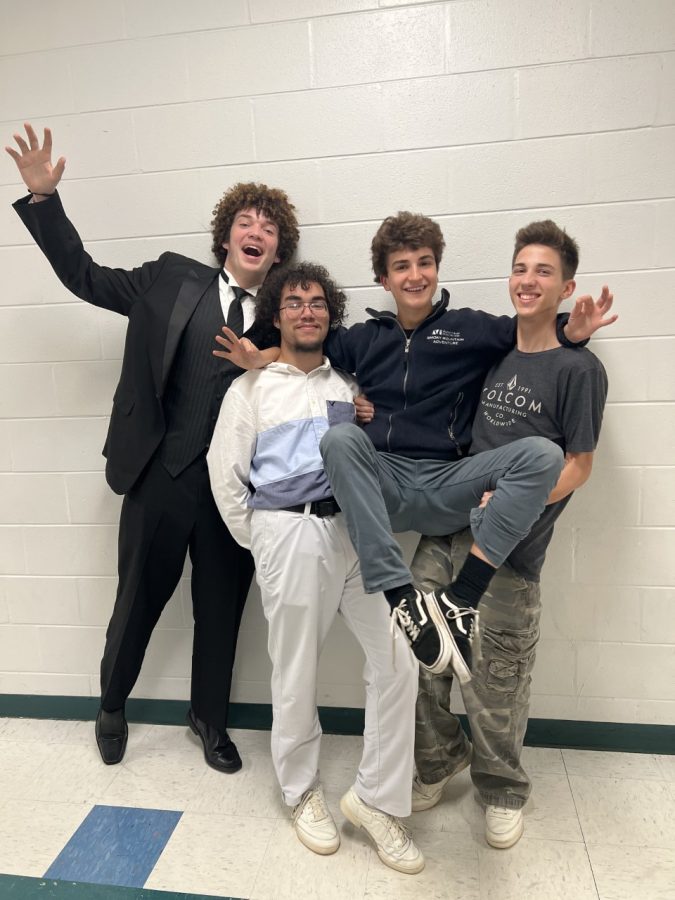Nicotine Addiction, a Growing Concern in American High Schools
The rise of vaping and e-cigarette use among American high school students has led to a growing concern about nicotine addiction among teenagers. A recent study found that more than 20% of high school students in the United States reported using e-cigarettes, and many of them were using these products regularly. According to experts, the use of e-cigarettes and vaping products among teenagers has become a significant public health concern. Nicotine addiction is particularly concerning, as it can have long-term effects on brain development and increase the risk of future addiction to other substances. The use of e-cigarettes and vaping products is often seen as a safer alternative to traditional tobacco products, but experts warn that the risks are still significant. The nicotine content in these products can be very high, and the chemicals used in e-cigarette liquids can be harmful when inhaled. In response to the growing concern, many high schools and school districts across the United States are taking action to address the issue. Some schools, like those in Hillsborough County, have implemented educational programs to help students understand the risks of nicotine addiction, while others have banned the use of e-cigarettes and vaping products on school grounds. It seems like the preferred way of dealing with the addiction issue within the district’s schools is through an online, anti-vaping course that the district requires first-time offenders to take after being caught. The course is a mix of text lessons and videos. For a student to get their suspension or charges dropped, they must finish the course. Blake High School’s principal, Mrs. Newton, is one of the many administrators in the county who favor the route of a “learning curve” compared to direct punishment, saying “I think education is the way.” Other faculty members at Blake High School, like Coach Thomas, also believe that the nicotine course is the most beneficial way to encourage students to quit vaping. A former victim of nicotine addiction at Blake shared their experiences with nicotine. “It took about four weeks before I bought my first e-cigarette after I tried my friend’s… I guess I thought it was cool at first, it brought more stress than it did relieve it. Especially if I lost my vape… I had quit two times before this, it just stopped feeling good.” As the use of e-cigarettes and vaping products continues to rise among American high school students, experts say that more needs to be done to address the issue. By raising awareness about the risks of nicotine addiction and providing support to those who are struggling with addiction, we can help prevent a generation of young people from falling victim to this growing public health concern.
Your donation will support the student journalists of Blake High School. Your contribution will allow us to purchase equipment and cover our annual website hosting costs.







